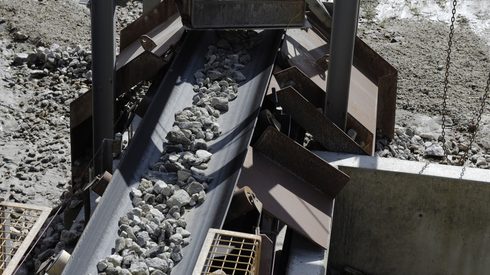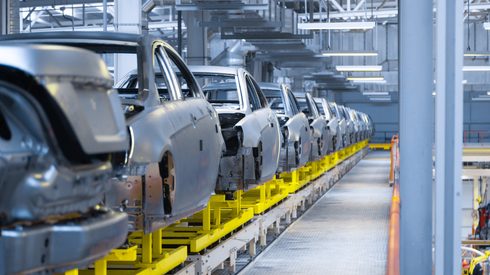“It’ll be a done deal by day’s end,” a producer source said early Thursday.
Hanna Steel and Welded Tube of Canada were also said to be in the process of informing customers of a reduction late Thursday.
As a result, Fastmarkets’ weekly price assessment for steel hollow sections ASTM A500 Grade B domestic, fob mill US was $2,090-2,140 per ton ($104.50-107.00 per hundredweight) on Thursday, down by $100 per ton from May 26.
A southern distributor, after confirming that “all of our suppliers dropped $100 a ton” on Thursday, questioned whether this might be the “first of many” near-term price reductions.
Prices for hot-rolled coil, the primary input cost for HSS production, have gone down by nearly $300 per ton in the past two months.
While healthy demand kept HSS prices stable during those two months, producers, buyers and distributors have watched Fastmarkets’ daily HRC index slide from a recent high of $75.65 per cwt ($1,513 per ton) on April 8 to the low $60s per cwt this week.
Fastmarkets’ daily steel hot-rolled coil index, fob mill US was calculated at $60.78 per cwt ($1,215.60 per ton) on Wednesday June 1, down by $297.40 per ton (19.66%) from the recent high.
“It was just a matter of time,” another southern distributor source said of the reduction.






